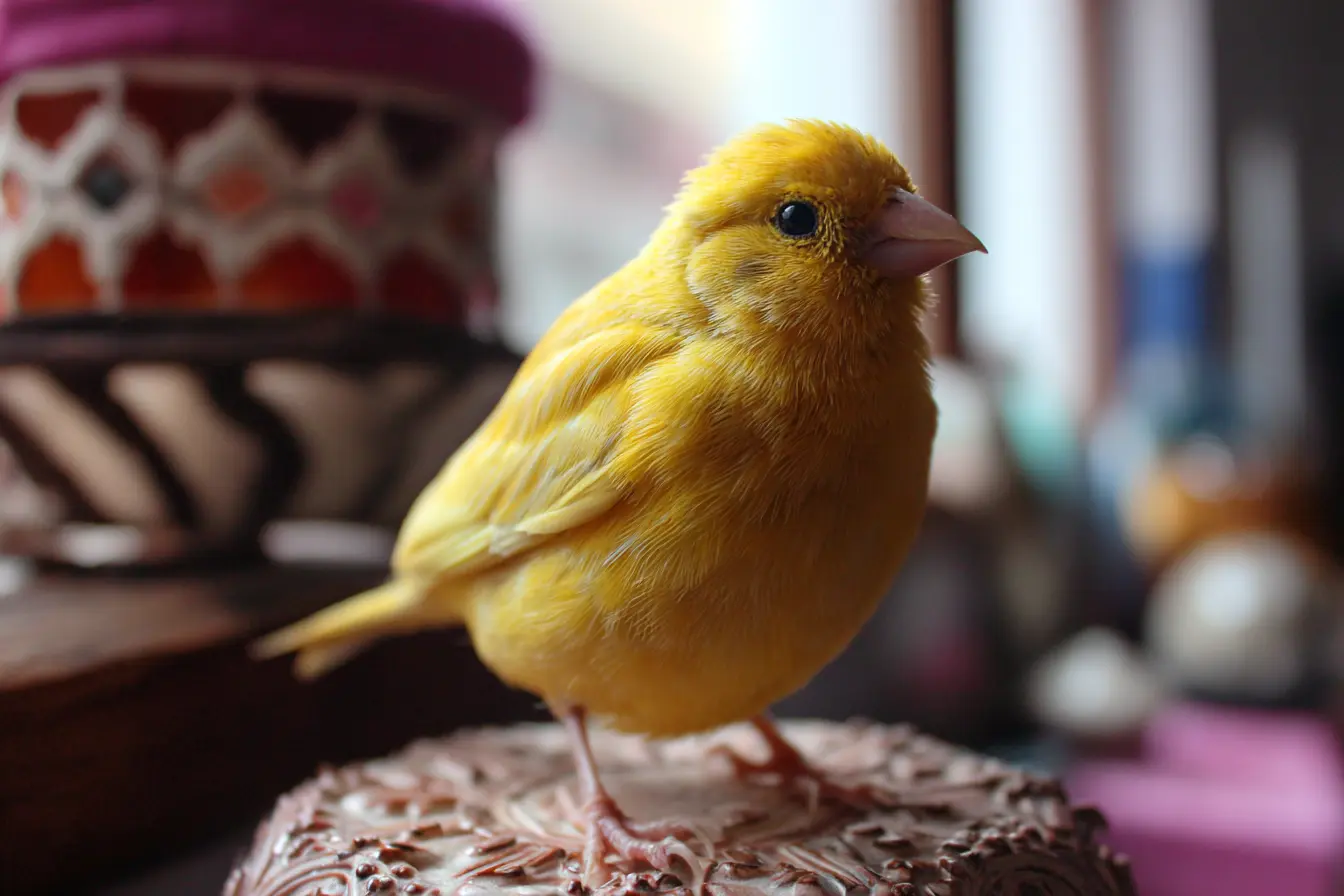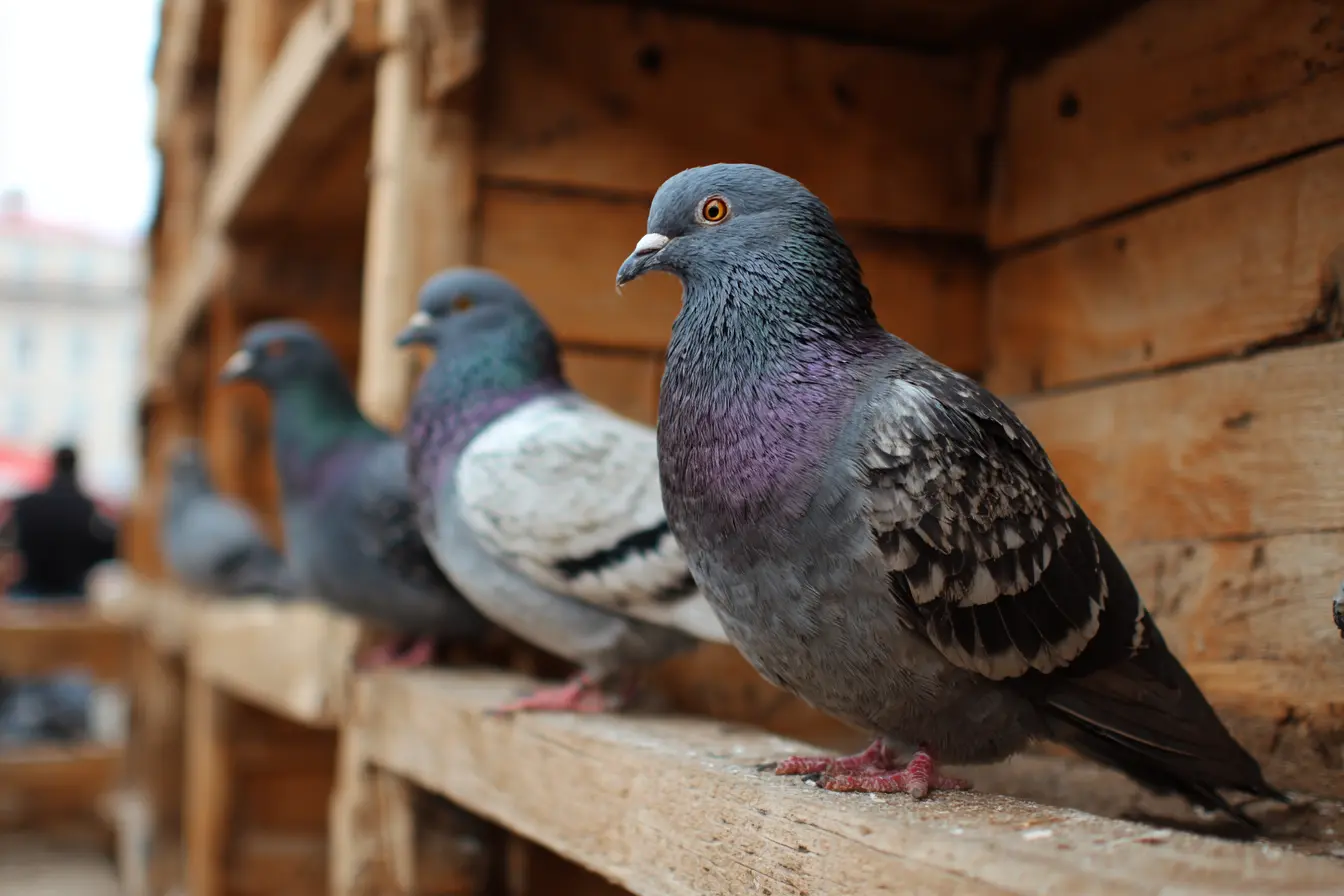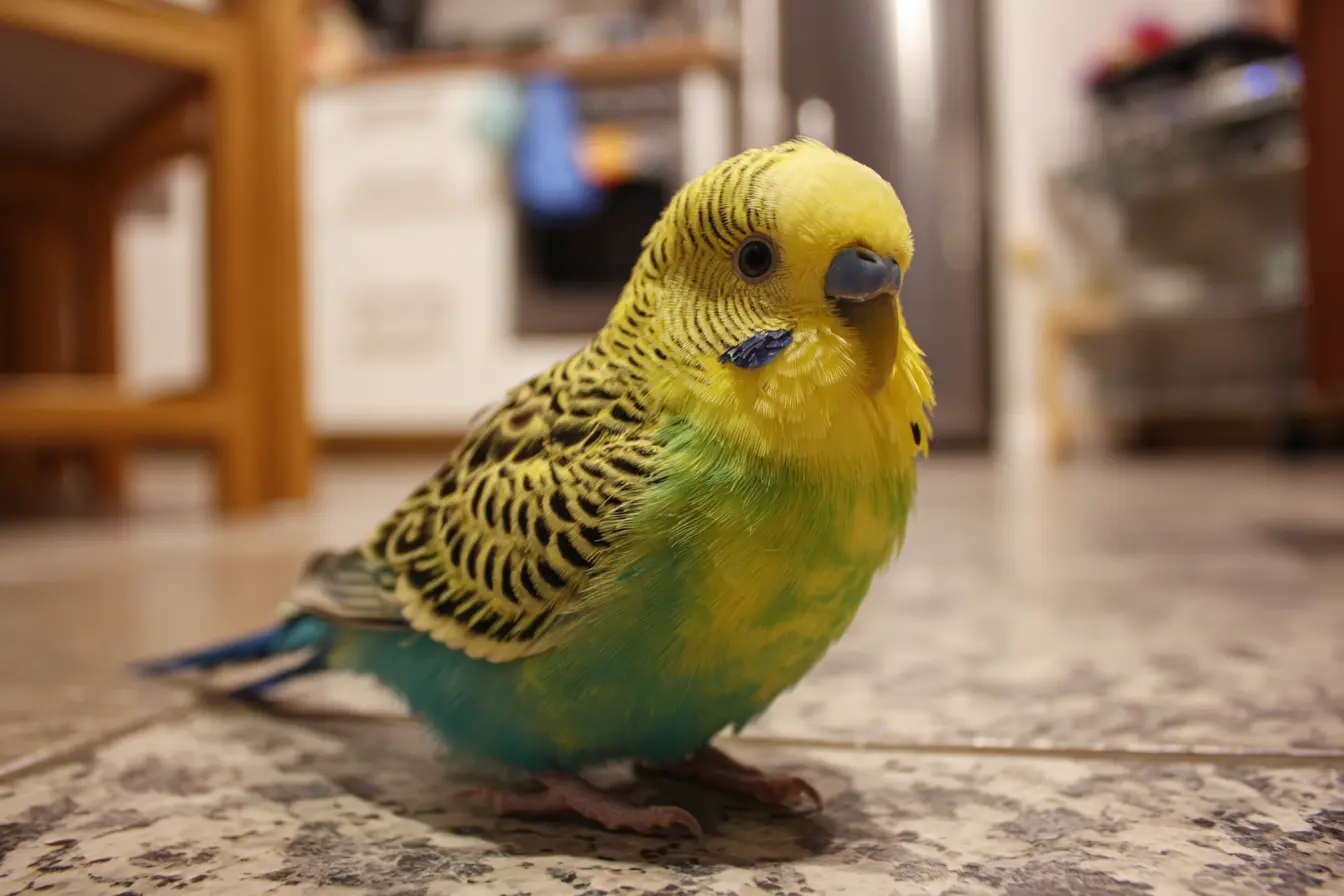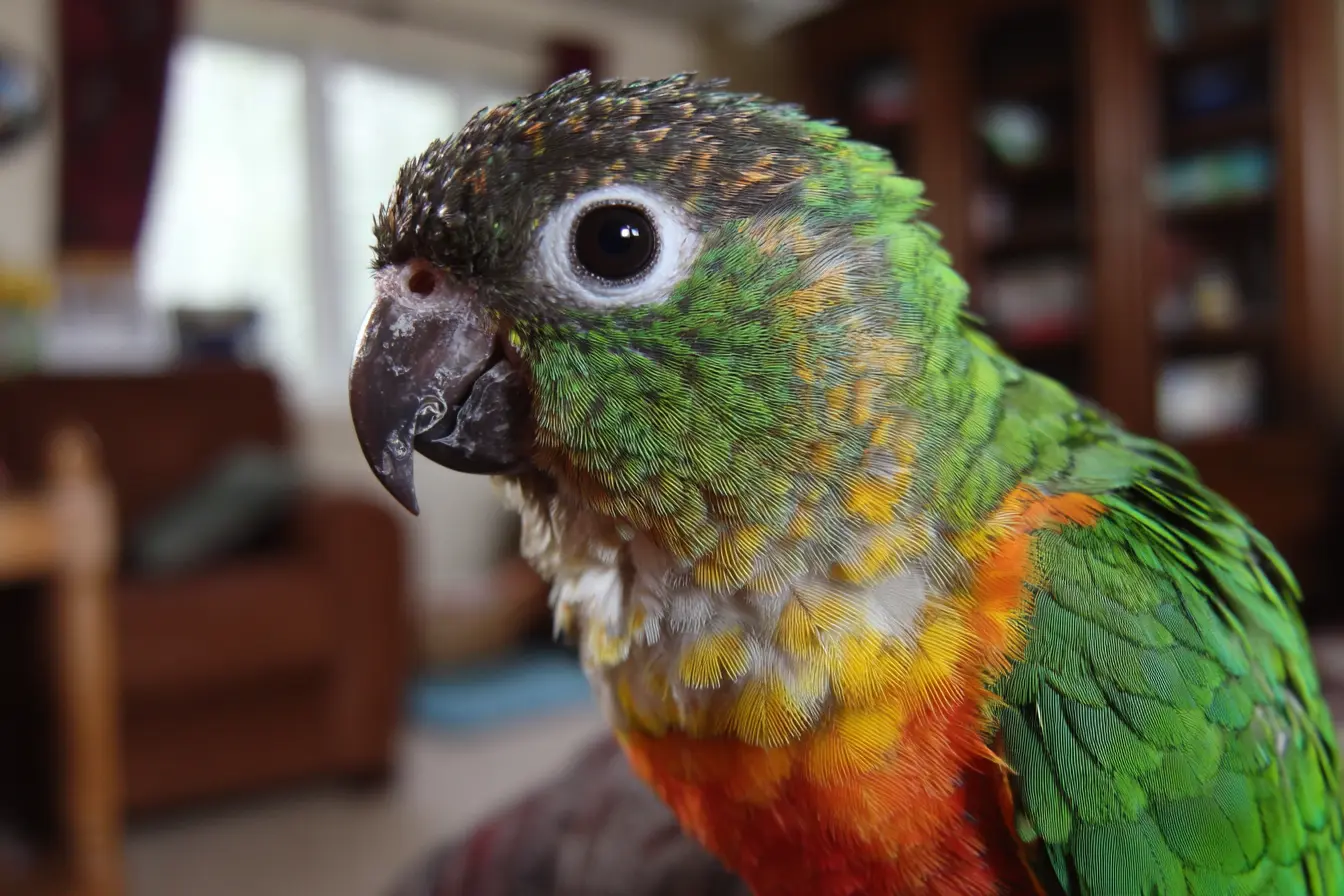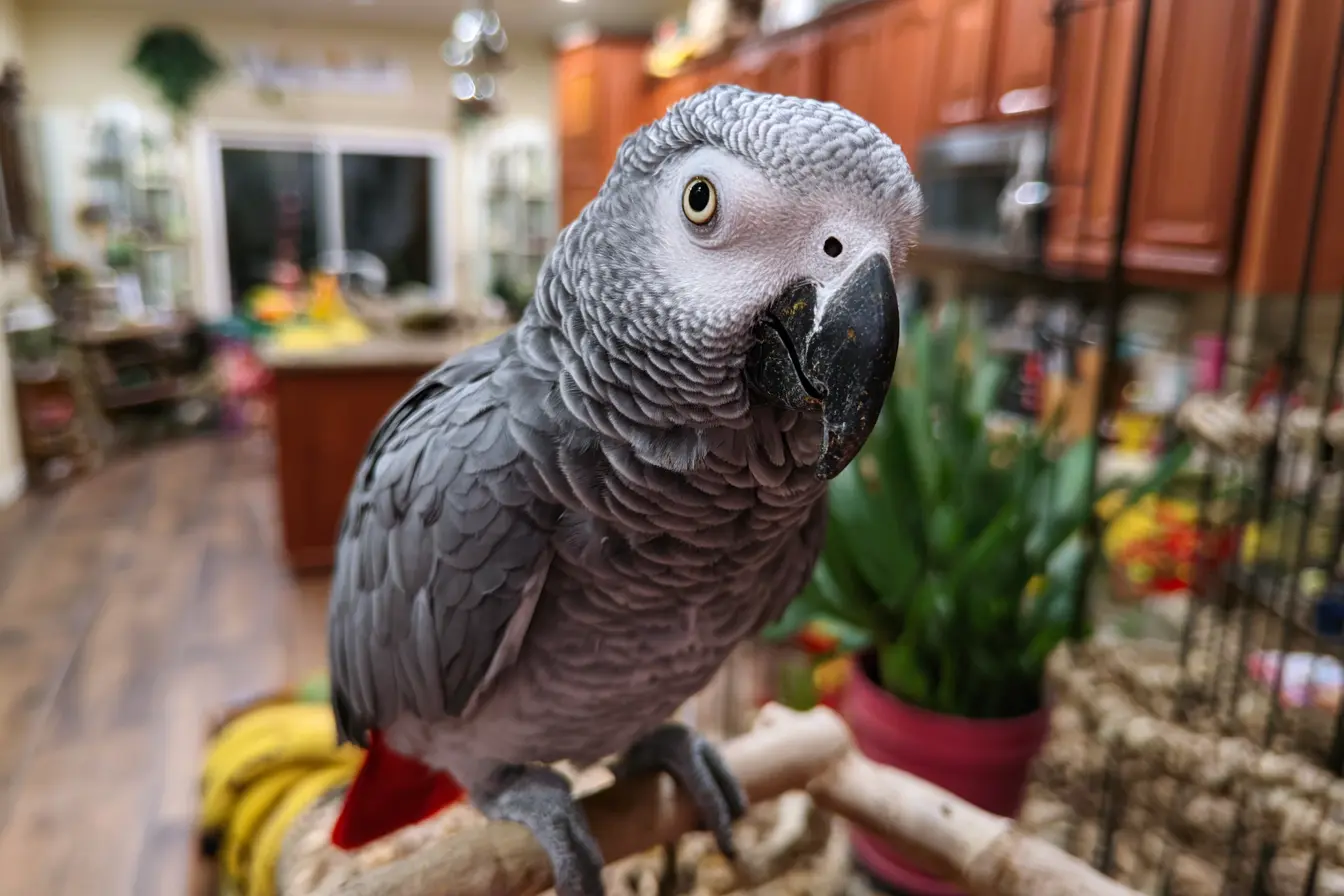
Seed vs. Pellet Feed for Pet Birds: Which Is Better?
Choosing the right diet for your pet bird is one of the most important decisions you’ll make as a bird owner. Nutrition has a profound impact on your bird’s health, longevity, behaviour, and appearance. One of the most frequently debated topics in avian care is whether to feed birds a seed-based diet or a pellet-based diet.
Both types of feed have their pros and cons, and understanding the differences can help you make an informed choice that supports your bird’s well-being.
Seed Diets: Natural but Nutritionally Limited
Seed diets are often seen as the "traditional" bird food, and many birds naturally enjoy seeds due to their taste, texture, and familiarity.
Pros of Seed Diets
- Highly Palatable: Most birds love seeds, making them easy to accept and feed.
- Natural Composition: Seeds are part of many wild birds’ natural diets.
- Availability: Readily available and often less expensive than pellets.
- Variety: Different seed mixes can offer sensory enrichment and variety in taste and texture.
Cons of Seed Diets
- Nutritionally Incomplete: Seed-only diets are often deficient in key nutrients like vitamin A, calcium, and essential amino acids.
- High Fat Content: Many seeds (especially sunflower seeds) are high in fat, contributing to obesity and fatty liver disease.
- Selective Eating: Birds may pick out their favourite seeds and leave others, leading to an unbalanced diet.
- Spoilage Risk: Seeds can harbour fungi, mould, or bacteria if stored improperly.
Health Risks of Seed-Only Diets
Long-term reliance on seed-only diets is linked to:
- Malnutrition and vitamin deficiencies (especially vitamin A)
- Poor feather condition
- Weakened immune system
- Obesity and liver disease
- Reproductive issues in breeding birds
Pellet Diets: Balanced and Convenient
Pellets are specially formulated to provide balanced nutrition in every bite. They are typically made from ground seeds, grains, vegetables, fruits, vitamins, and minerals, then shaped into small, uniform pieces.
Pros of Pellet Diets
- Nutritionally Complete: Designed to meet all a bird’s dietary needs, helping to prevent deficiencies.
- Prevents Selective Eating: Uniform appearance discourages picking and ensures birds get the nutrients they need.
- Convenient: Easy to measure, store, and clean up compared to seed mixes.
- Supports Long-Term Health: Can help prevent common dietary-related illnesses.
Cons of Pellet Diets
- Less Appealing at First: Birds raised on seeds may resist switching to pellets.
- Less Variety: Pellets offer less sensory stimulation than seed mixes unless supplemented with fresh foods.
- Processing Concerns: Some owners worry about additives, artificial colours, or over-processing in certain pellet brands.
- Spoilage: Like seeds, pellets can degrade if not stored properly, especially in humid environments.
Which Is Better: Seeds or Pellets?
The best diet for your bird often lies somewhere in between. A balanced diet should include:
- 80–90% high-quality pellets as a nutritional foundation
- 10–20% fresh vegetables, fruits, grains, and healthy treats
- Seeds offered in moderation or as training treats, especially for small species like finches and budgies
Pellets are generally considered the healthier long-term choice, especially for parrots, cockatiels, and other medium-to-large species. However, some smaller birds may benefit from a combined approach that includes a small portion of seeds alongside pellets and fresh foods.
Tips for Transitioning from Seeds to Pellets
Switching a bird from seeds to pellets should be done gradually and with patience. Here are some tips:
- Mix pellets with seeds at first, slowly increasing the pellet ratio over several weeks.
- Offer pellets when the bird is hungriest, such as first thing in the morning.
- Use soft, moist pellets or soak them in water to make them more appealing initially.
- Try different pellet brands or shapes if your bird resists one type.
- Avoid starvation—never withhold all food to force conversion.
Consult your avian vet for a tailored transition plan, especially for birds with existing health conditions.
Final Thoughts
A healthy diet is the cornerstone of a happy, long-lived pet bird. While seeds are a natural and enjoyable food source, they lack many of the essential nutrients birds need. Pellets, by contrast, provide balanced nutrition and reduce the risk of diet-related illness, making them the preferred choice for most bird species.
Whatever diet you choose, be sure to supplement with fresh, bird-safe vegetables, clean water, and occasional treats. Regular vet check-ups and weight monitoring will also help ensure your bird stays in top condition.
By understanding the strengths and limitations of seed and pellet diets, you can give your feathered friend the best chance at a vibrant, healthy life.
Vets near you
Speciality vets
- Aquatics vet specialists
- Birds vet specialists
- Camelids vet specialists
- Cats vet specialists
- Cattle vet specialists
- Deer vet specialists
- Dogs vet specialists
- Equines vet specialists
- Exotic vet specialists
- Goats vet specialists
- Pigs vet specialists
- Poultry vet specialists
- Sheep vet specialists
- Small Mammals vet specialists
- Wild vet specialists
Vet facilities
- Accessible by public transport
- Blood testing
- Car park nearby
- Client car park
- Dentistry
- Diagnostic imaging
- Disabled public access
- Flea and worm treatments
- Microchipping
- Mobile services
- Neutering
- Open at weekends
- Out-of-hours service
- Referral interests
- Referrals only
- Street parking outside
- Toilets available
- Vaccinations
